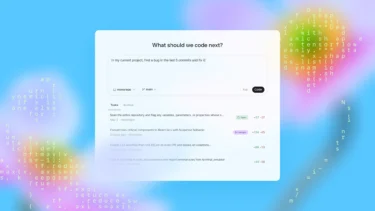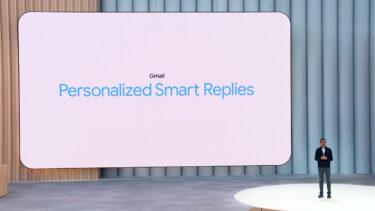Short
Nvidia will launch a cheaper AI chip for China in June, Reuters reports. The new GPU, based on Blackwell architecture and the RTX Pro 6000D design, is expected to cost $6,500 to $8,000—less than the $10,000 to $12,000 H20 model. Three people familiar with the plan said the chip avoids advanced packaging from TSMC and uses standard GDDR7 memory, making it easier to produce. The move is a response to U.S. export rules that limit the sale of high-end chips to China.









